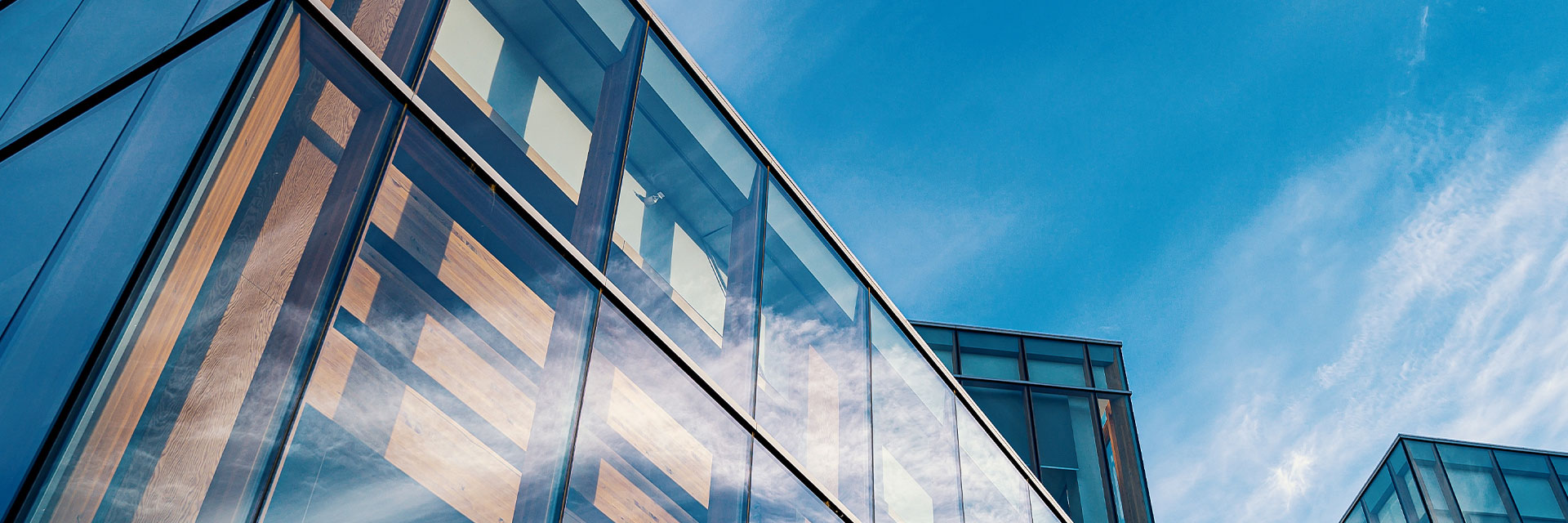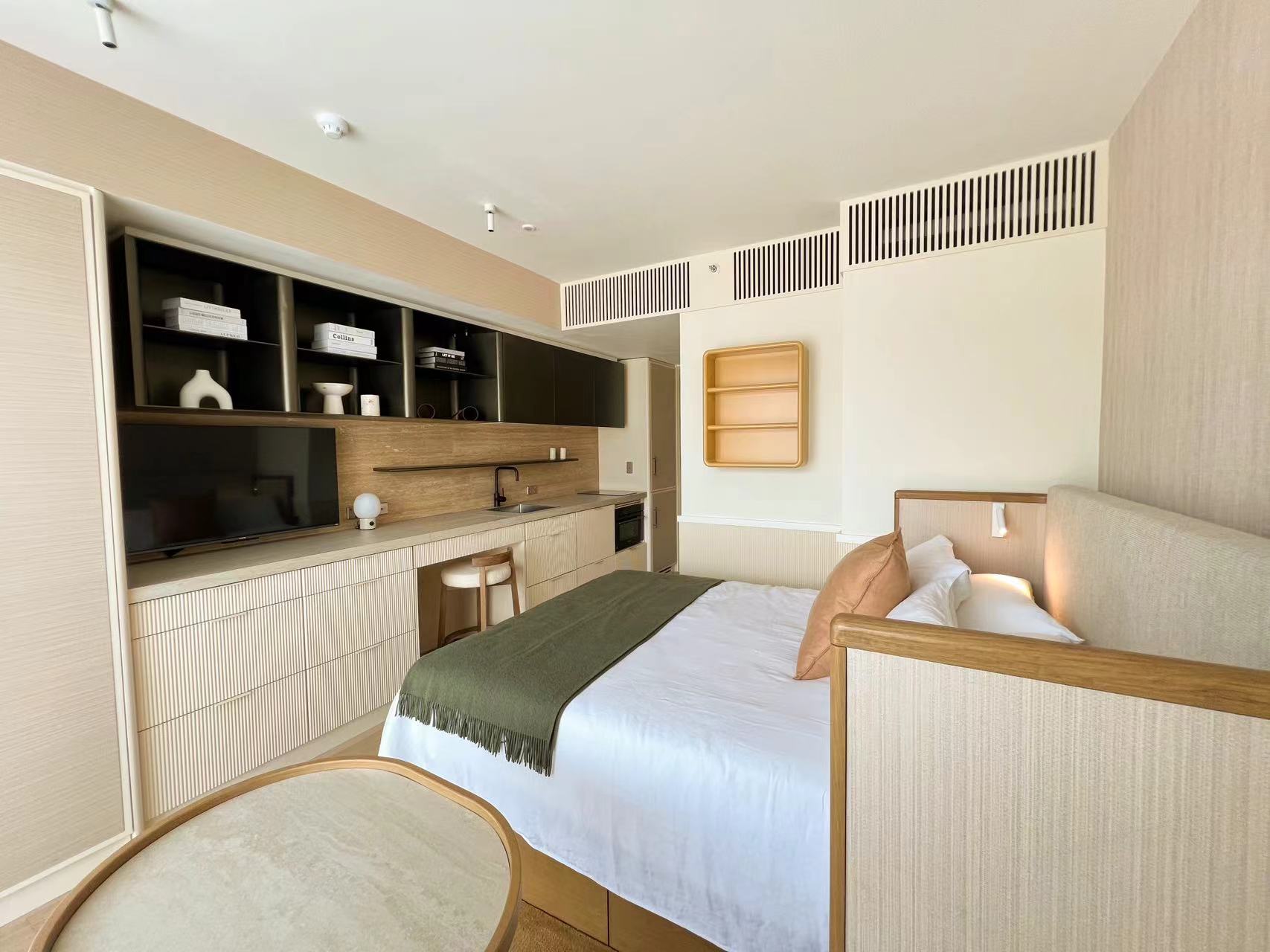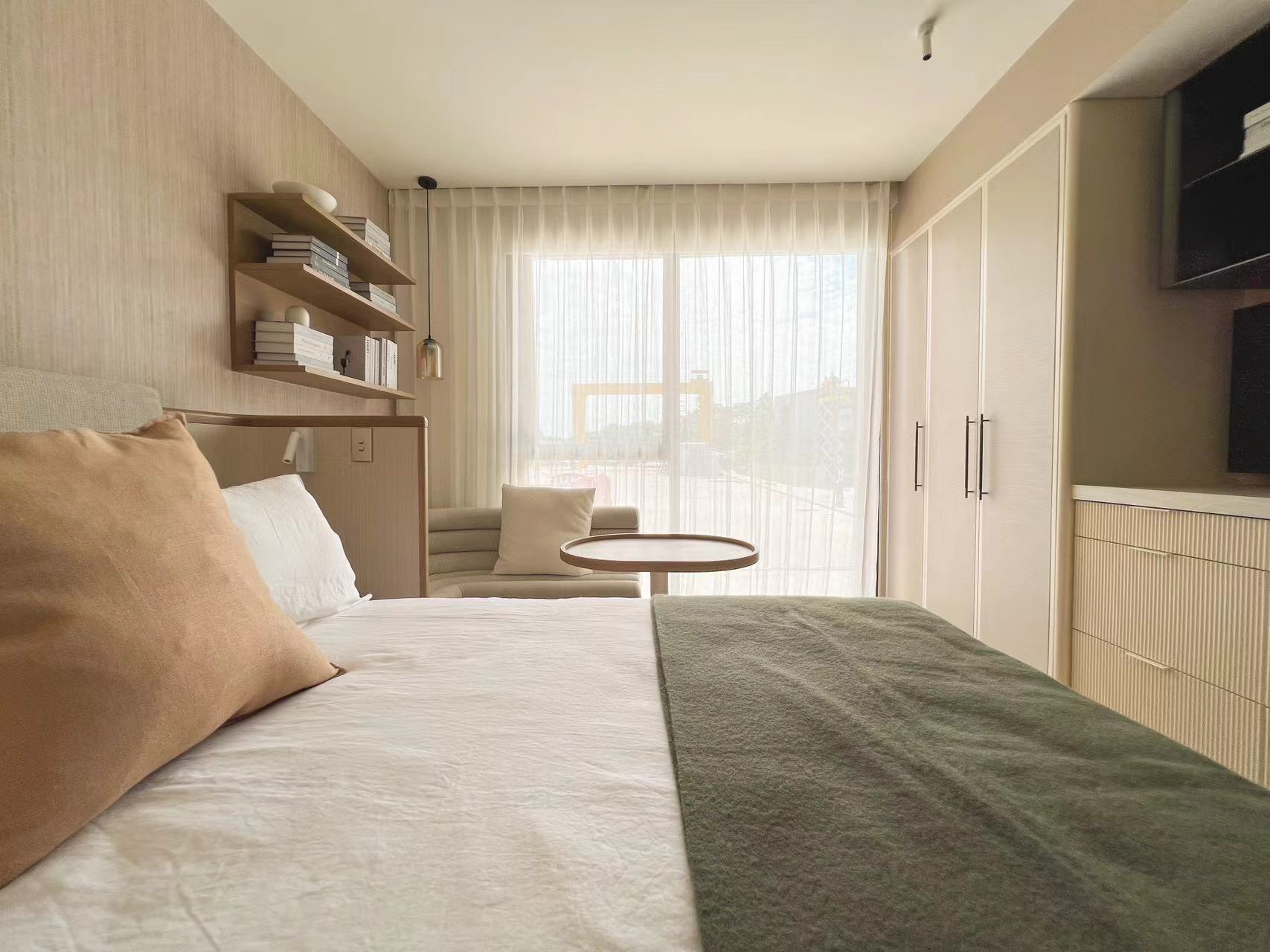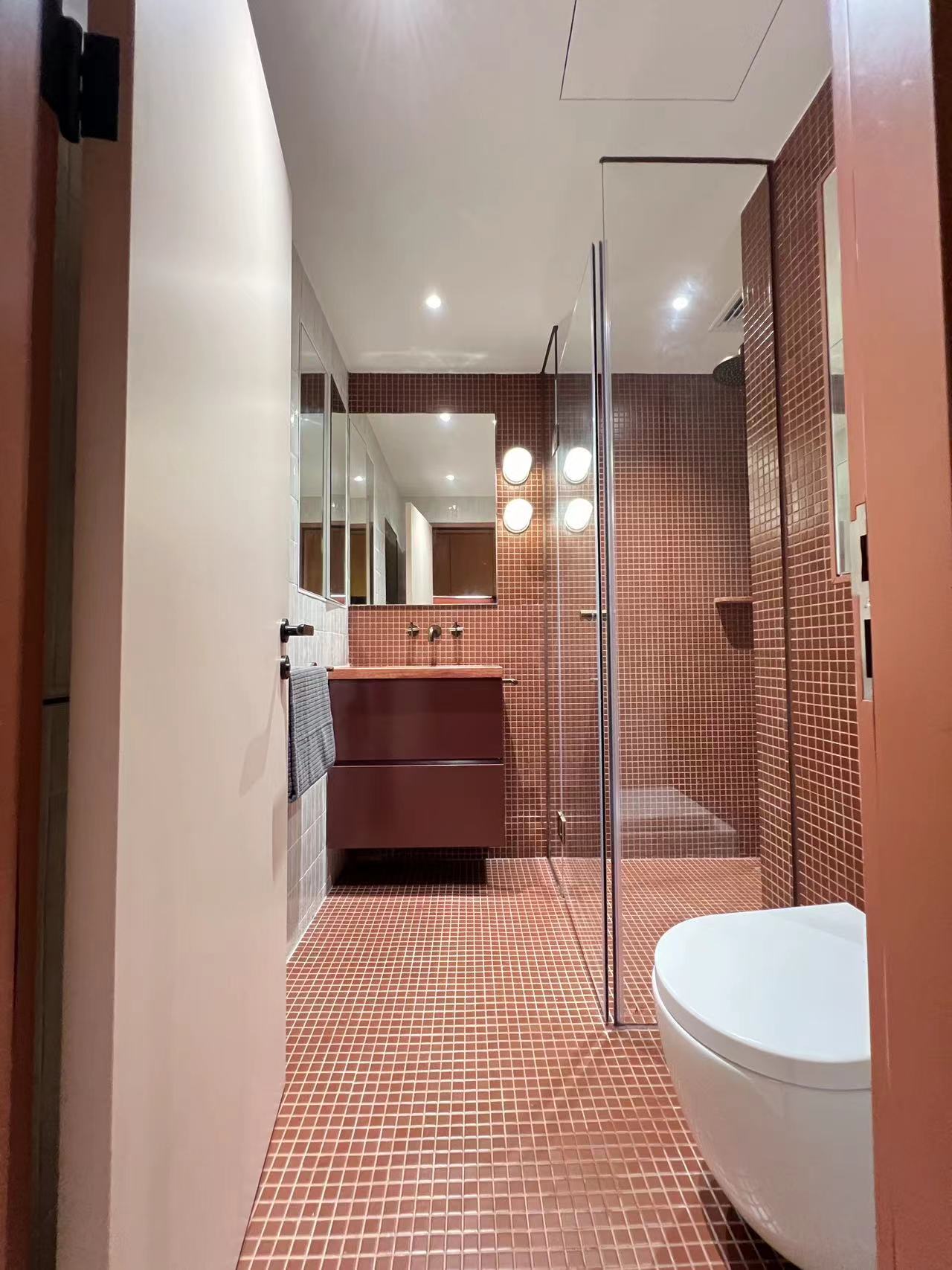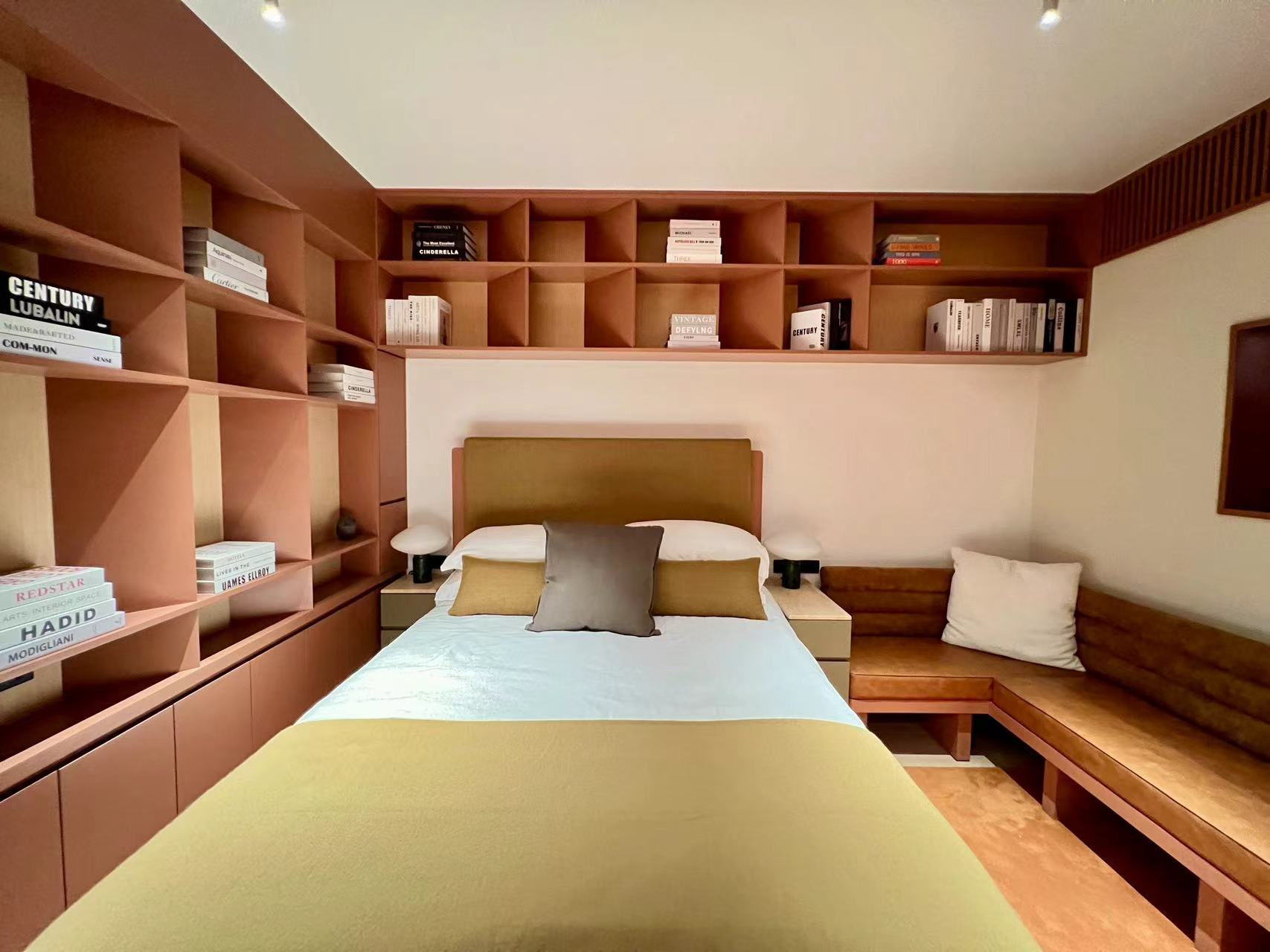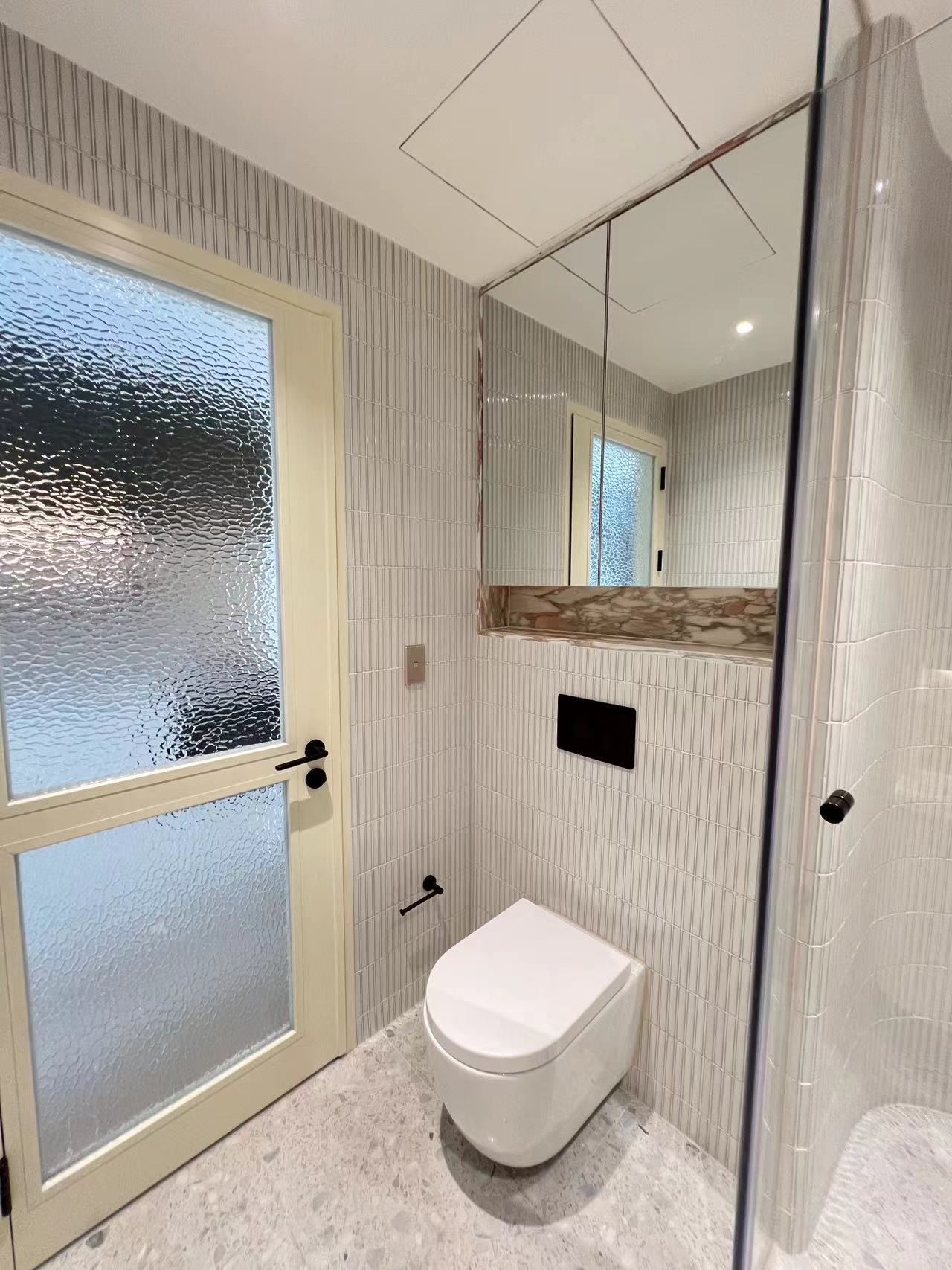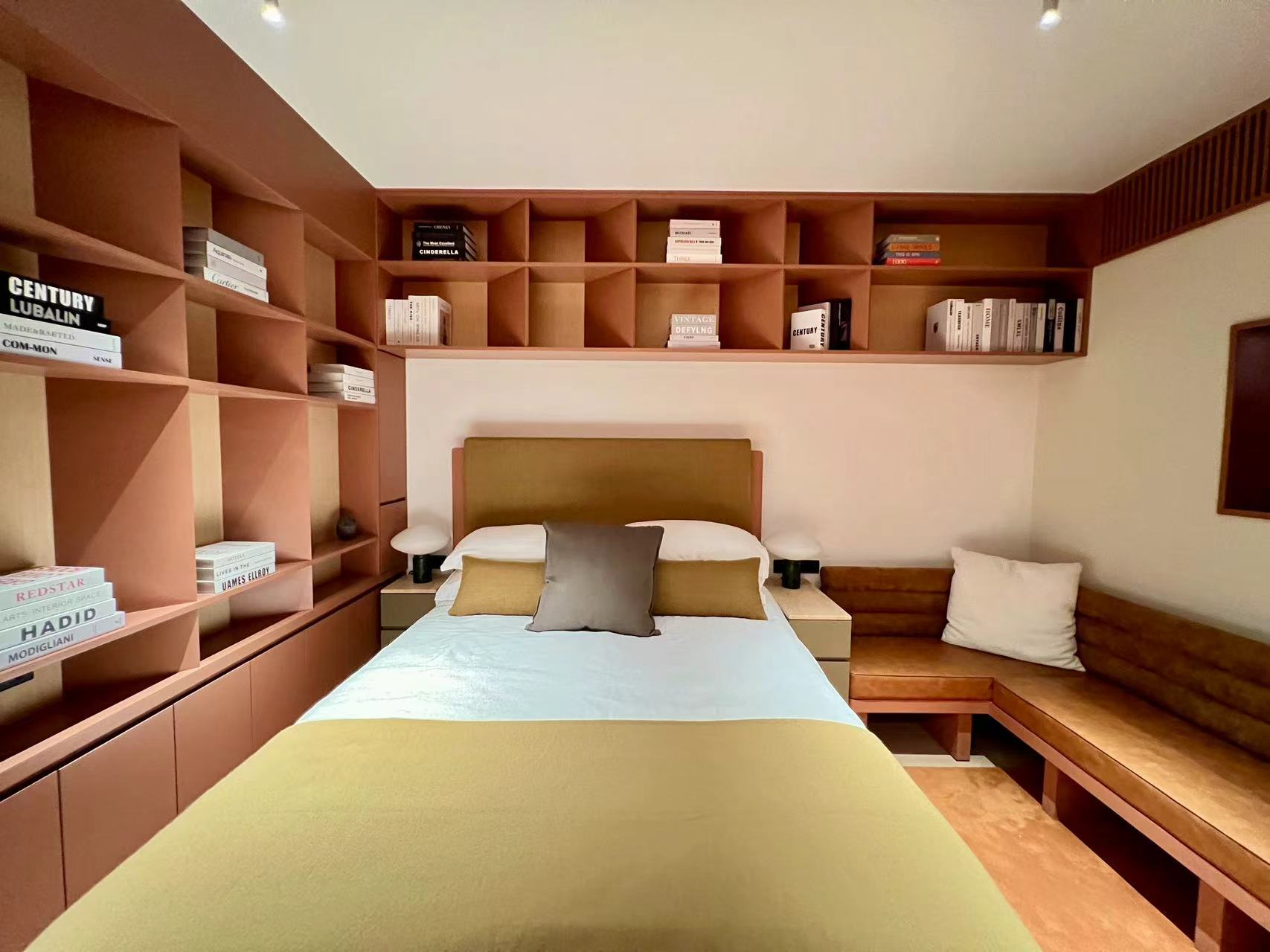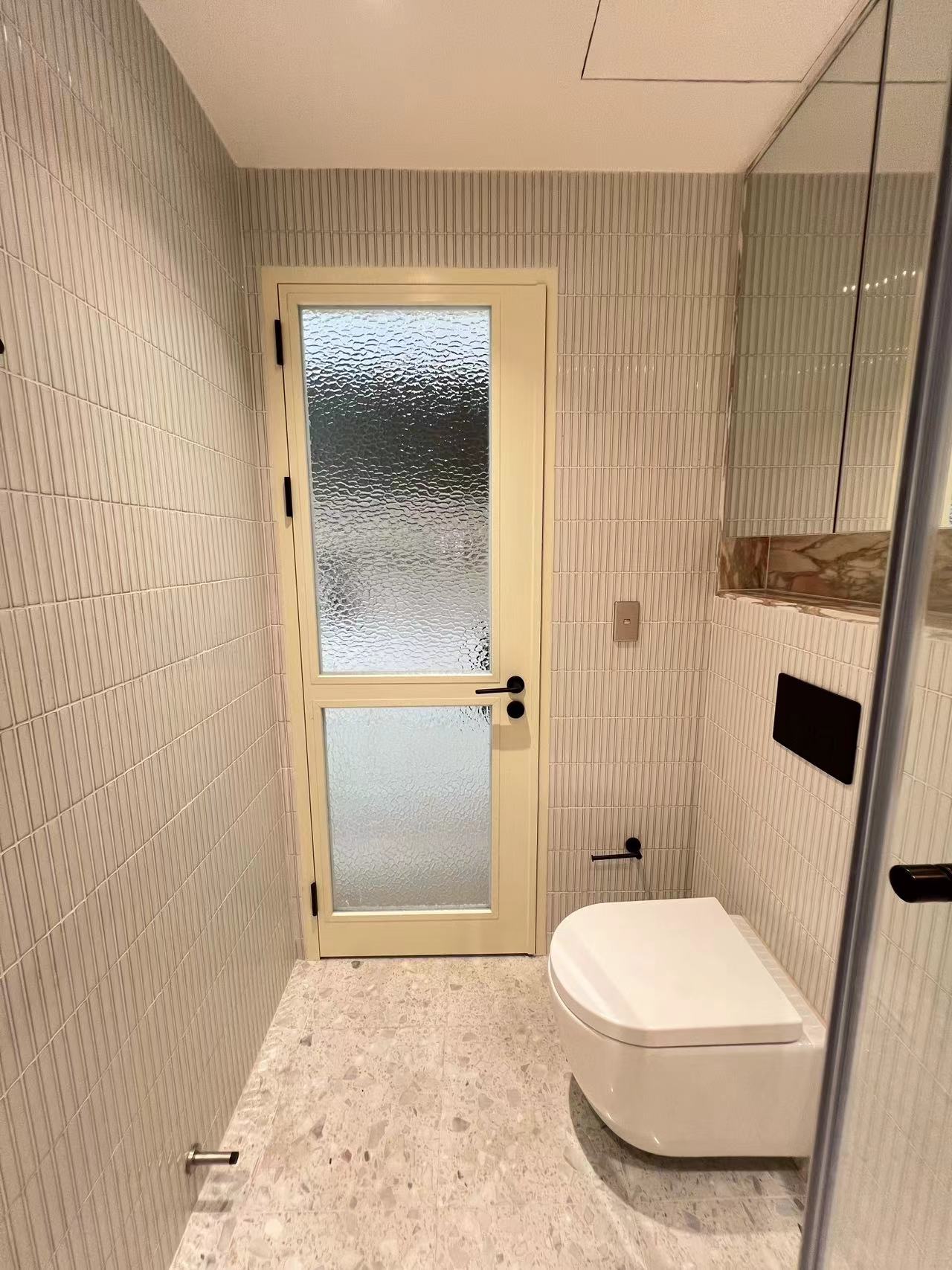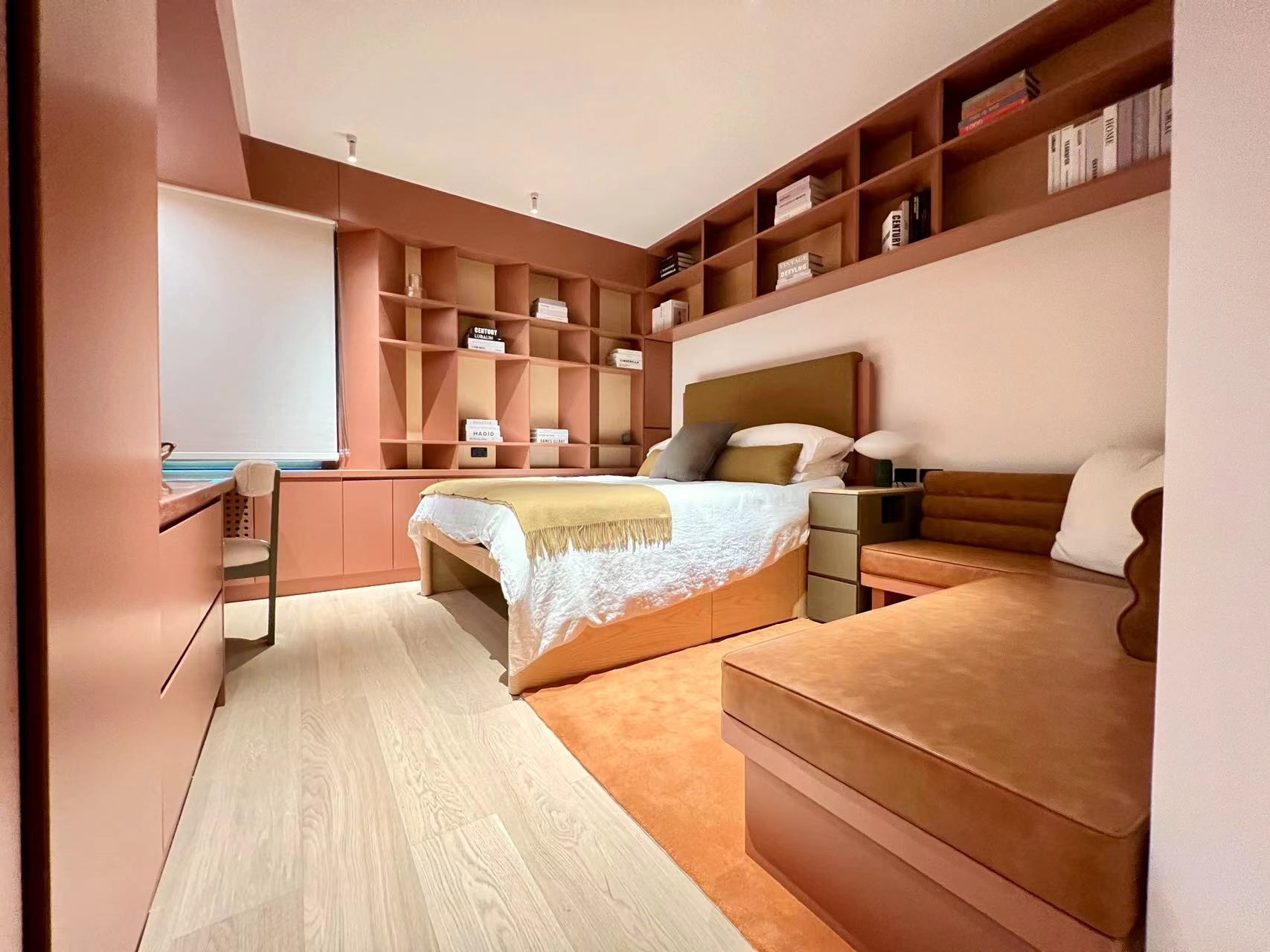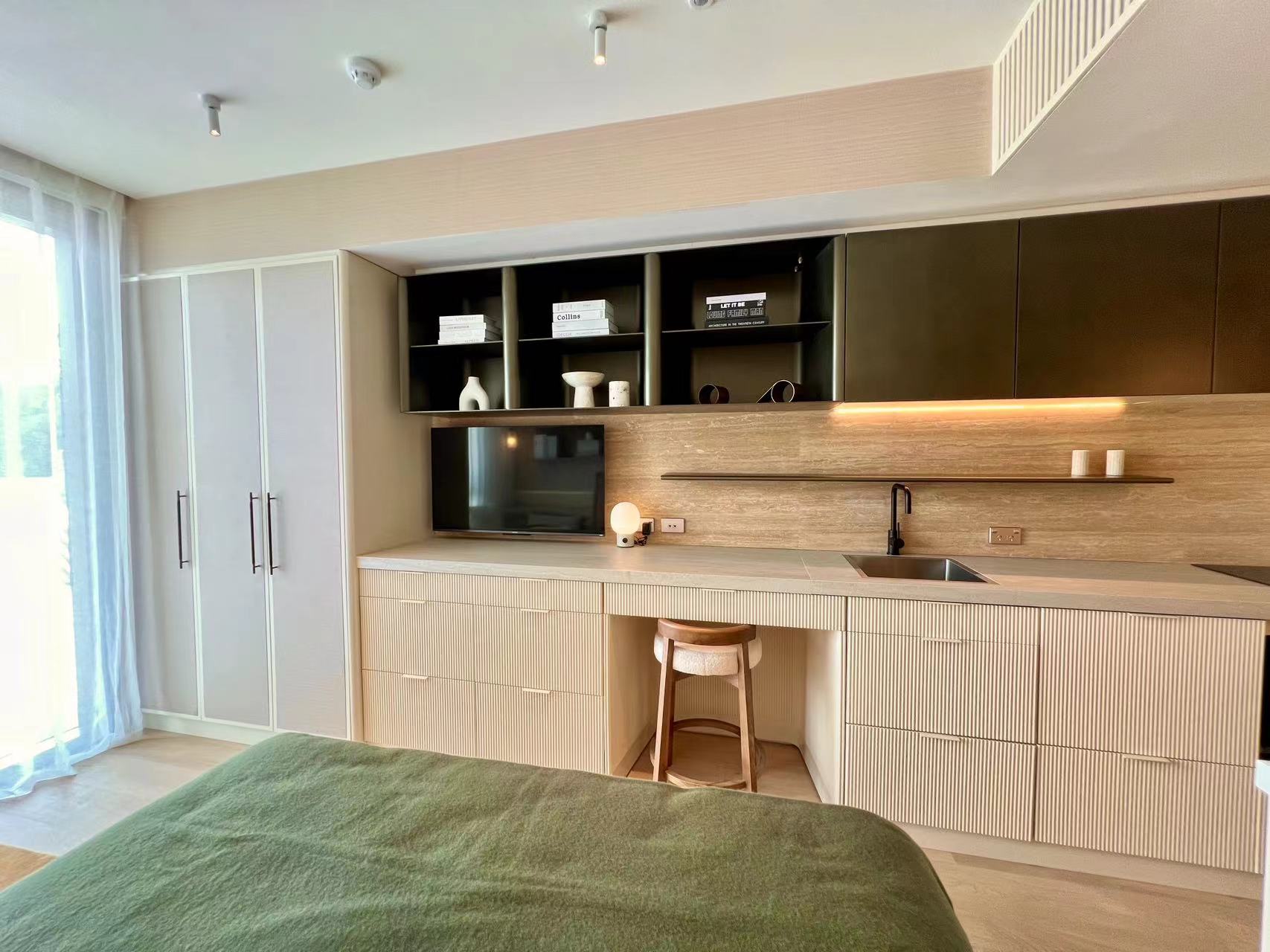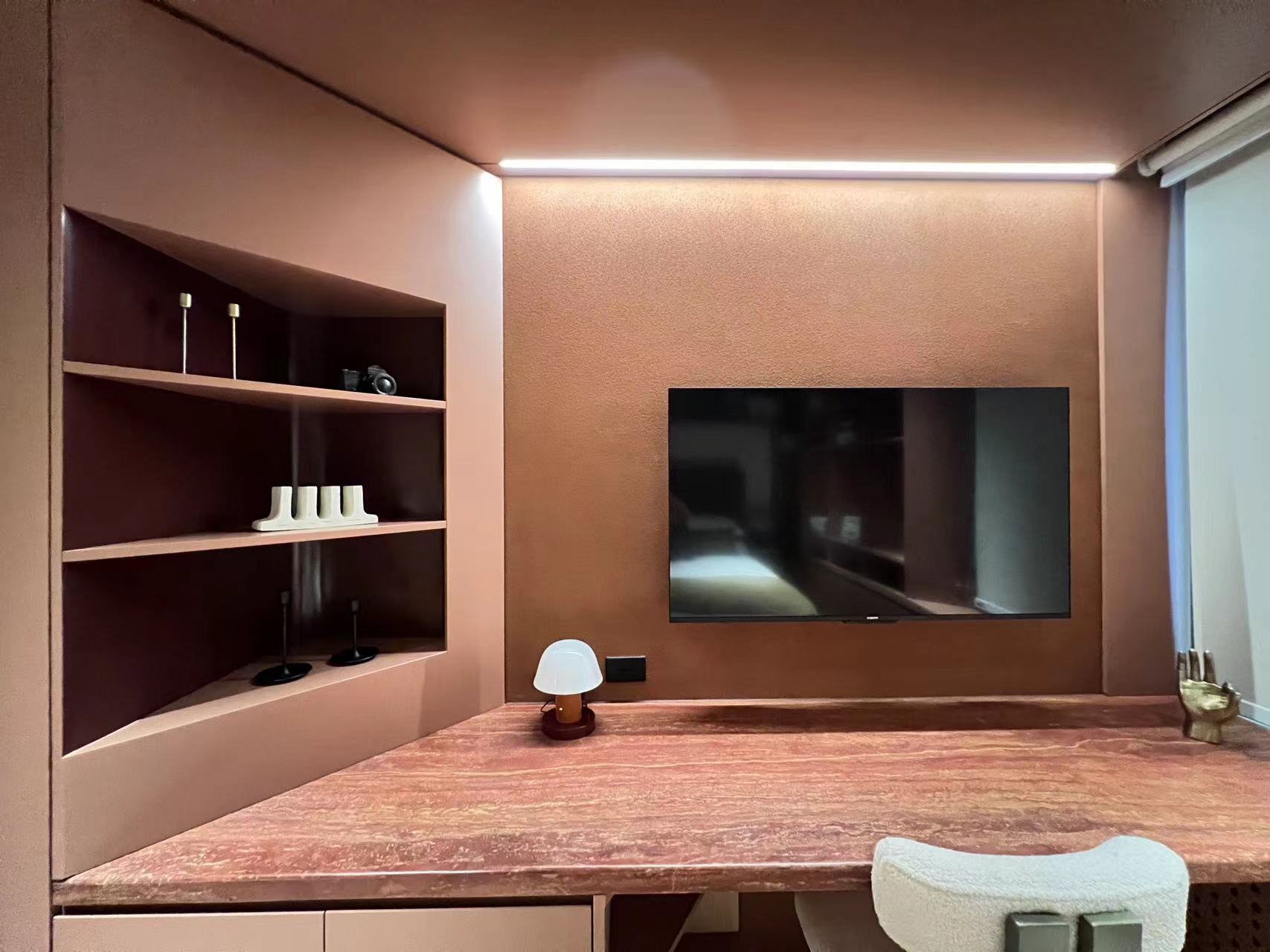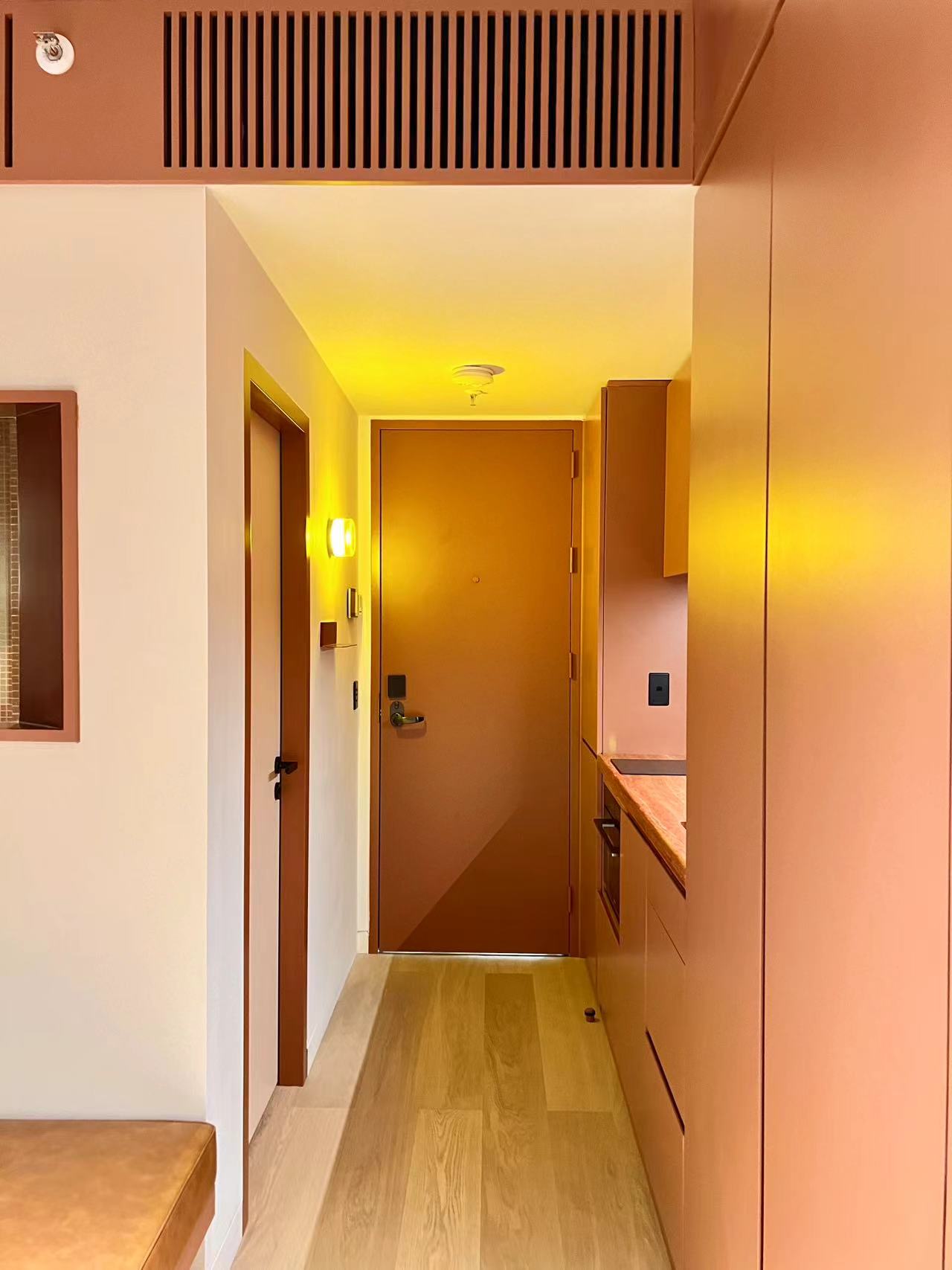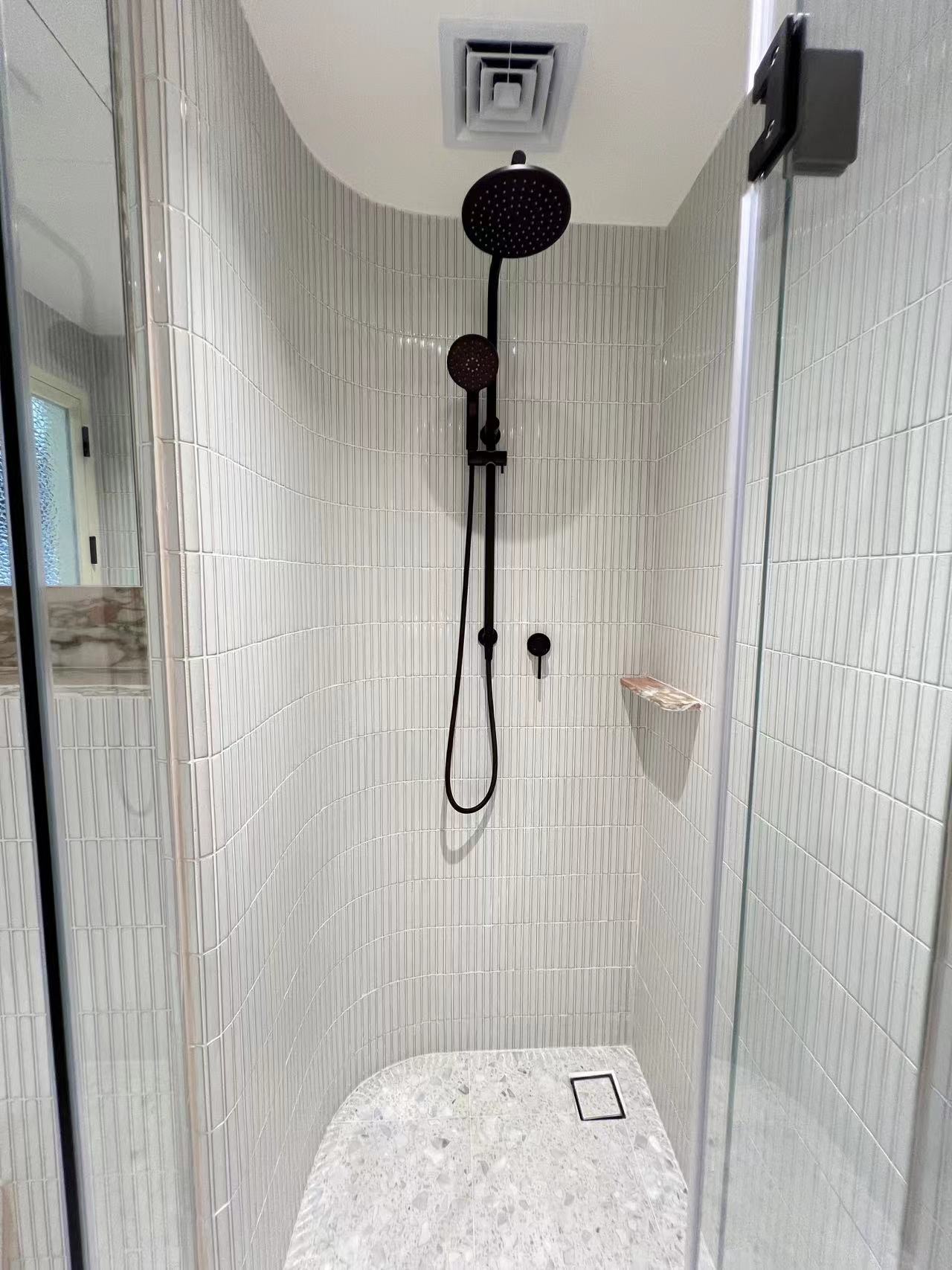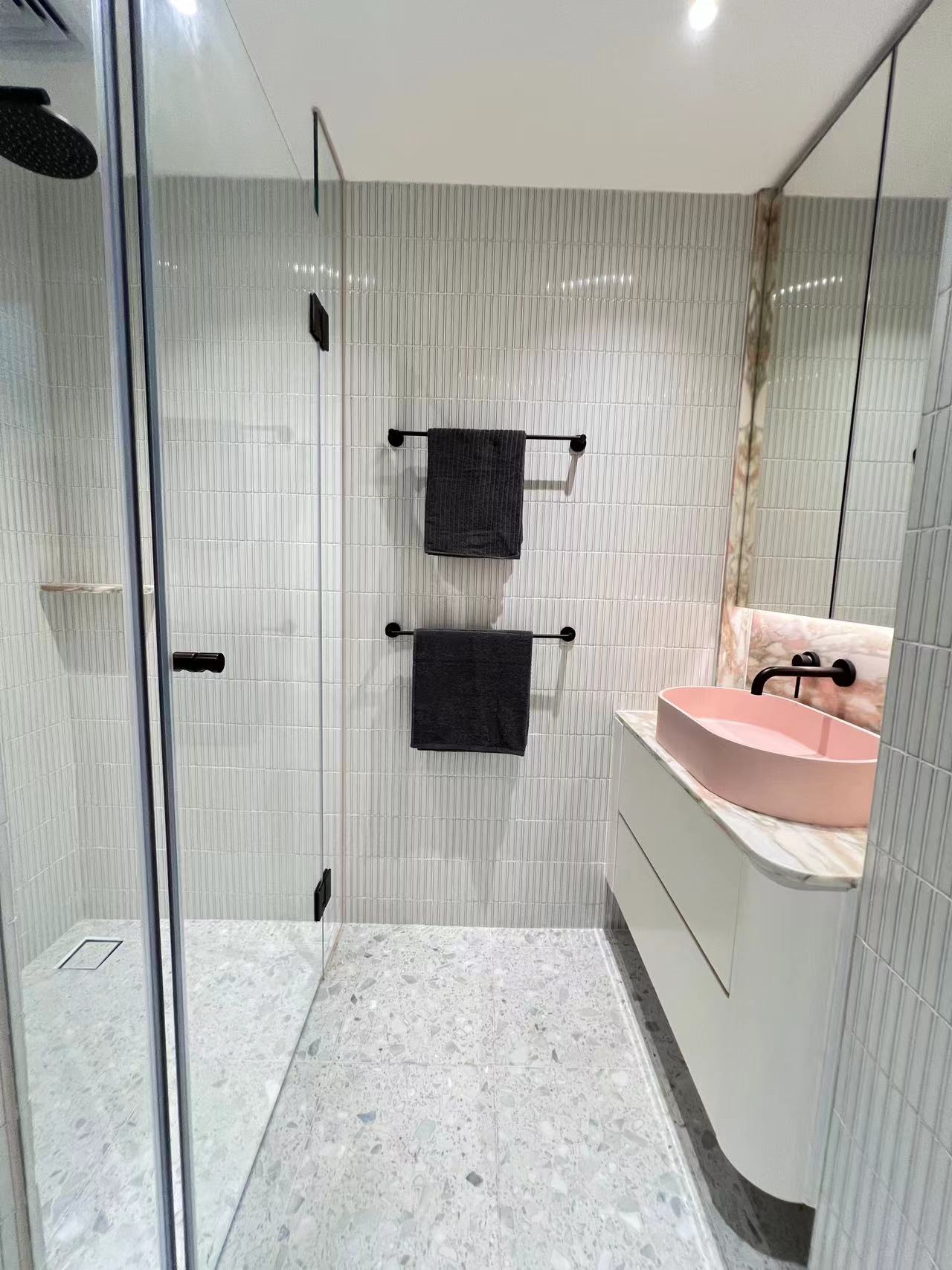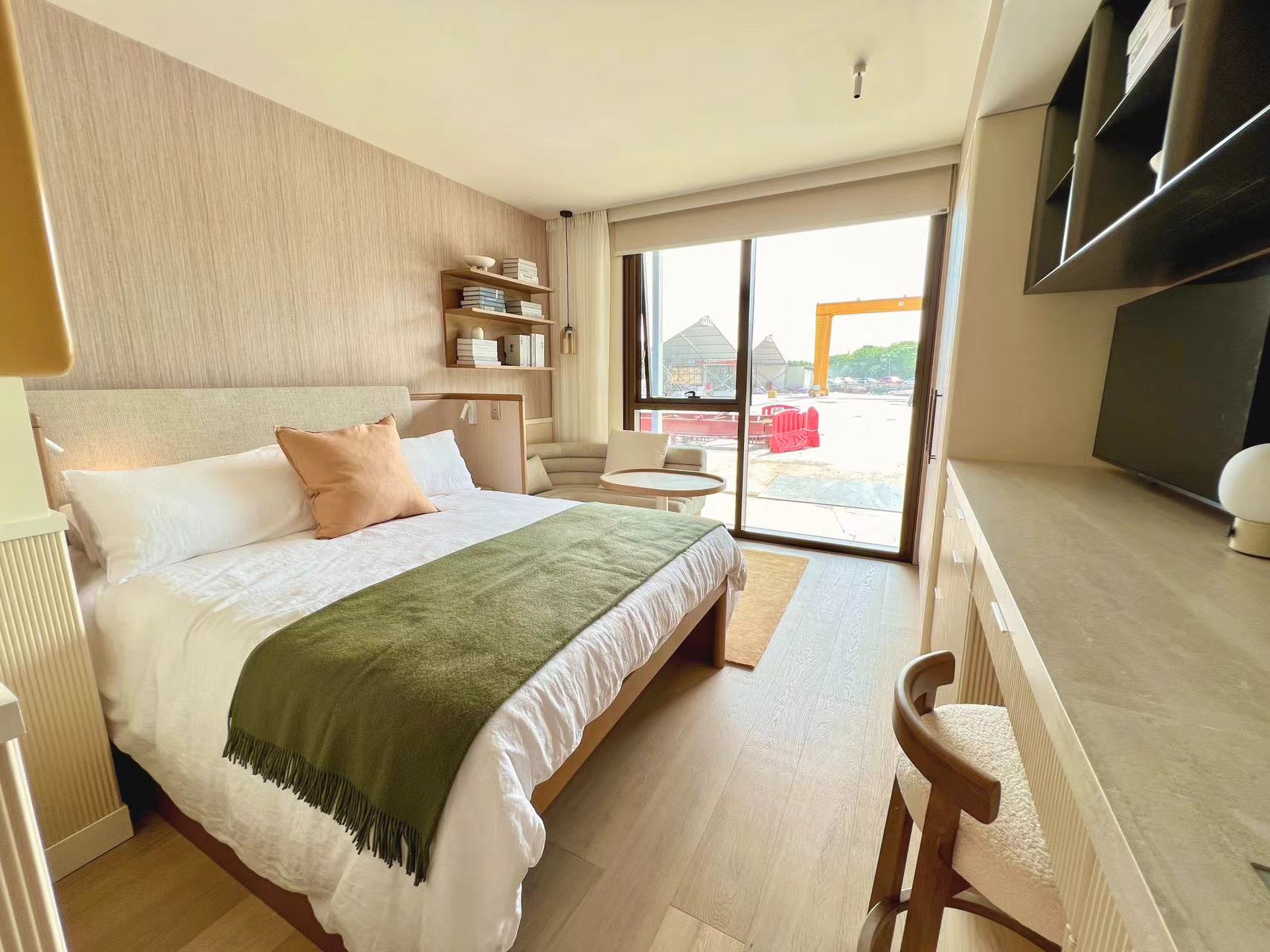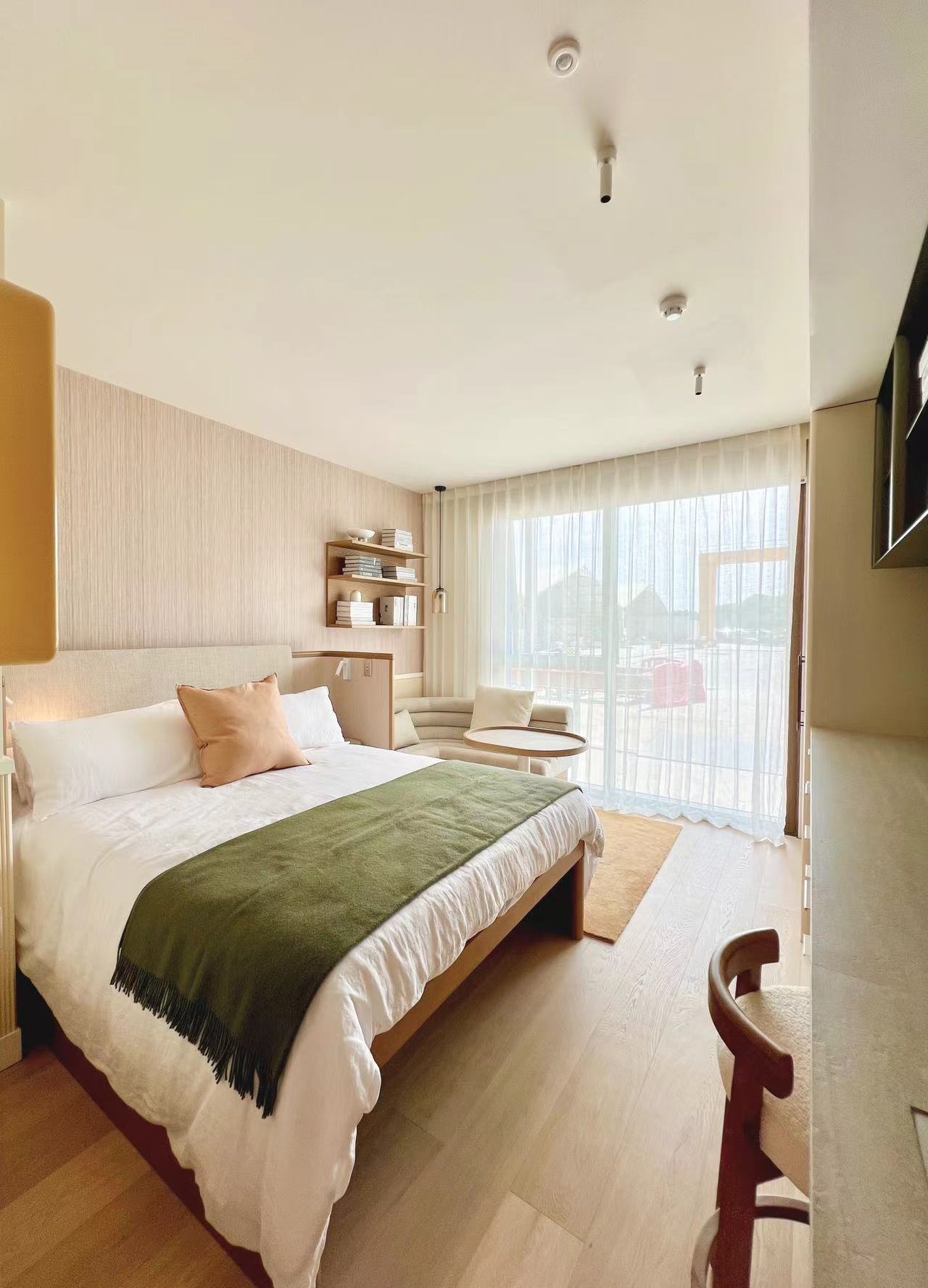Case Study: Comprehensive Guide to Manufacturing a Modern 4-Star Hotel in Brisbane
Building a modern 4-star hotel in Brisbane is a complex undertaking involving a combination of architectural vision, advanced construction techniques, and meticulous planning. From the initial concept to the final touches, creating a luxury establishment in one of Australia’s most vibrant cities demands a streamlined approach to design, procurement, and construction. This case study provides a comprehensive overview of the process involved in manufacturing a modern 4-star hotel in Brisbane.
1. Conceptual Design and Planning
The first step in constructing a modern hotel is defining the project’s vision. This stage involves collaboration between hotel developers, architects, and designers to establish the desired aesthetics, functionality, and target market. Key elements include:
- Site Analysis: Thorough assessment of the land, its location, and optimal utilization for the hotel's layout.
- Design Brief: Outlining key requirements, including the number of rooms, public spaces, dining areas, and service zones.
- Regulatory Approvals: Ensuring compliance with Brisbane’s local building codes, zoning laws, and environmental regulations.
- Exterior Design: Designing a façade that aligns with the cityscape and conveys luxury.
- Interior Layout: Planning guest rooms, lobbies, restaurants, and amenities for a cohesive flow.
- Energy-Efficient Design: Incorporating sustainable building practices, such as solar panels, smart climate control, and energy-efficient lighting.
- Structural Materials: Sourcing steel frames, concrete, and insulation for the building’s structural integrity.
- Interior Fit-Out: Procuring carpets, tiles, bathroom pods, and kitchen fittings from reliable suppliers.
- Sustainability Considerations: Including eco-friendly materials and technologies to align with modern sustainable construction standards.
- Faster Construction: Modular sections are built simultaneously with on-site work, reducing overall construction time.
- Cost Efficiency: Manufacturing in countries like China allows for cost savings on materials and labor, while maintaining high standards.
- Quality Control: Prefabricated components are built to precise specifications, ensuring consistency across the project.
- Foundation Work: Laying the foundation for the modular units.
- Structural Assembly: Erecting the building frame and integrating modular sections.
- Utility Installation: Installing electrical wiring, plumbing, HVAC systems, and elevators.
- Furniture and Décor: Selecting high-quality furniture, fixtures, and fittings that align with the hotel's design vision.
- Technology Integration: Installing modern amenities such as smart TVs, high-speed internet, and keyless entry systems.
- Interior Design Elements: Finishing the interior with wall treatments, floor coverings, and lighting to create a welcoming atmosphere.
- Building Certification: Ensuring compliance with Brisbane’s building codes and safety regulations.
- Final Inspection: Conducting a thorough walkthrough to check all installations are complete and functioning.

